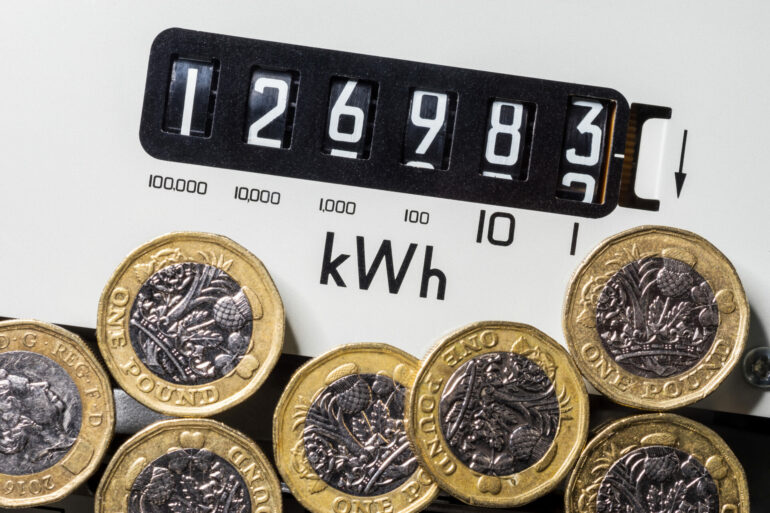69% of people have changed the way they run their home in light of the ongoing energy crisis, and 88% of householders are concerned about the rising costs, according to new research from Hodge.
Hodge asked 2,000 people how they felt about the current state of the energy market and energy pricing, and how it was affecting their lives and financial decisions.
When questioned about the specific changes they had made to save energy and money on utility bills, the top five energy saving actions came out as; turning off unnecessary lights, turning off water when brushing teeth, unplugging electrical items, using natural light in the home, and taking shorter showers.
Emma Graham, business development director for Hodge, said: “We have known for a while that the ongoing increases in energy prices are a major factor in the financial squeeze on households around the UK – but our findings show nearly all those we asked are concerned, demonstrating that those money worries may be more widespread than we originally thought.
“So, it’s great to see people are making positive steps to reduce their energy consumption in response to this and, although in the grand scheme of things these small changes won’t make a big difference to bills, they will collectively make a big difference to the environment and hopefully our mental health as a nation too, which has to be a good thing.”
Graham added: “What we are also finding is that the constant uncertainty around household bills and in the wider economy is also having a knock-on effect on how people are financing their homes, which is why now, more than ever, we believe our intermediary partners have a vital role to play in helping their clients through this financially fractious time.”
Hodge carried out this research to support its relationship with its partner Sero – an energy technology and services company which supports the transition to net-zero across the residential housing sector – which Hodge invested in earlier this year.




